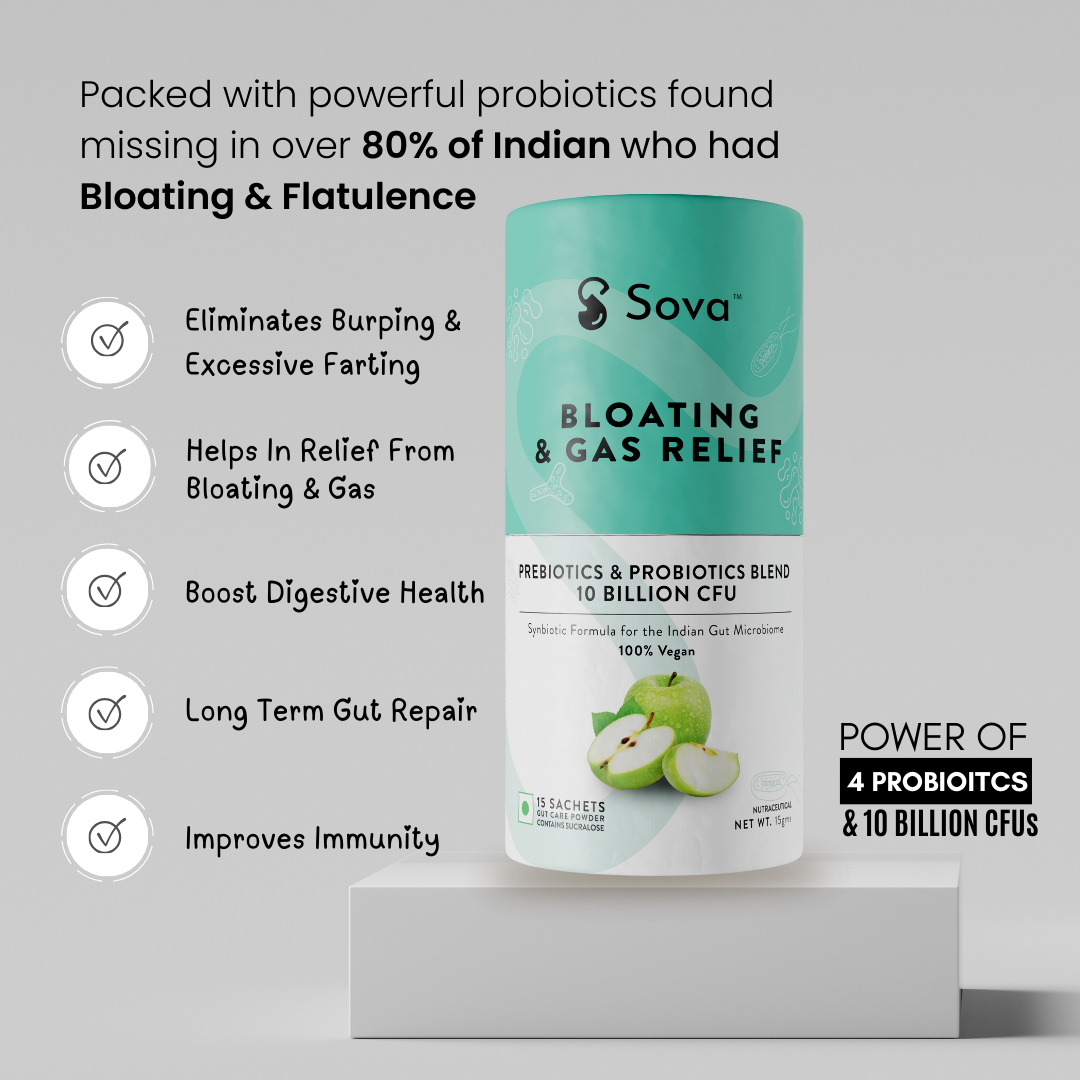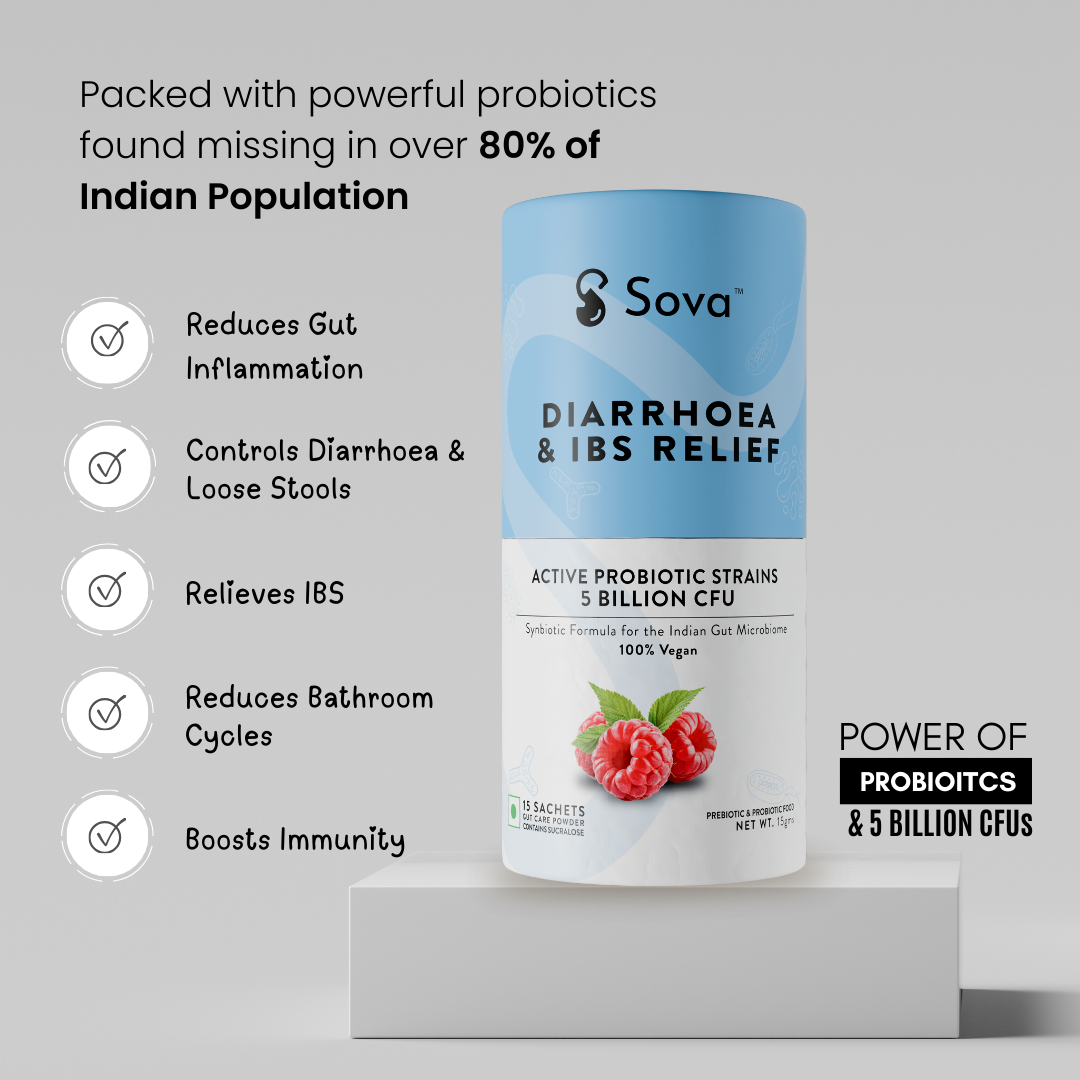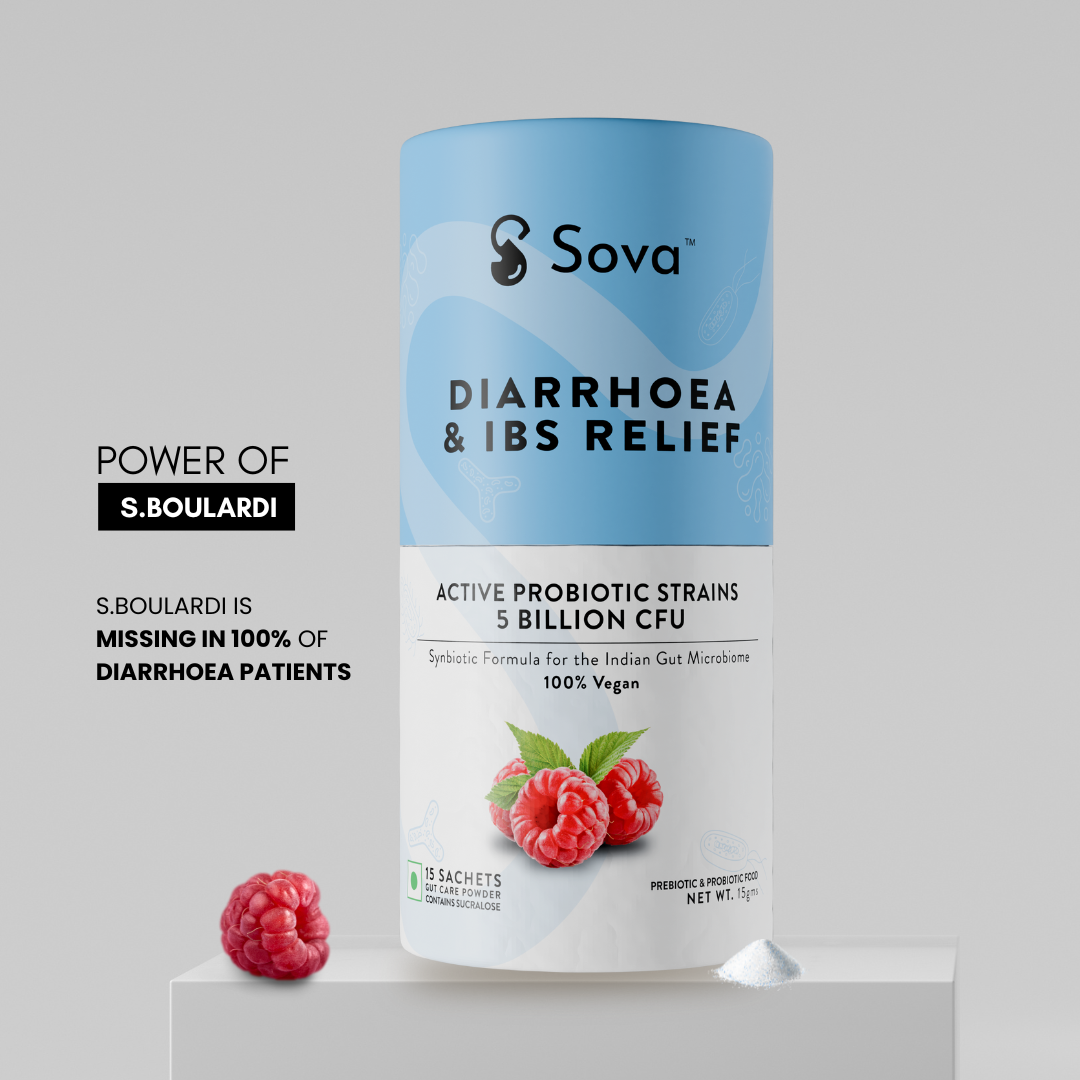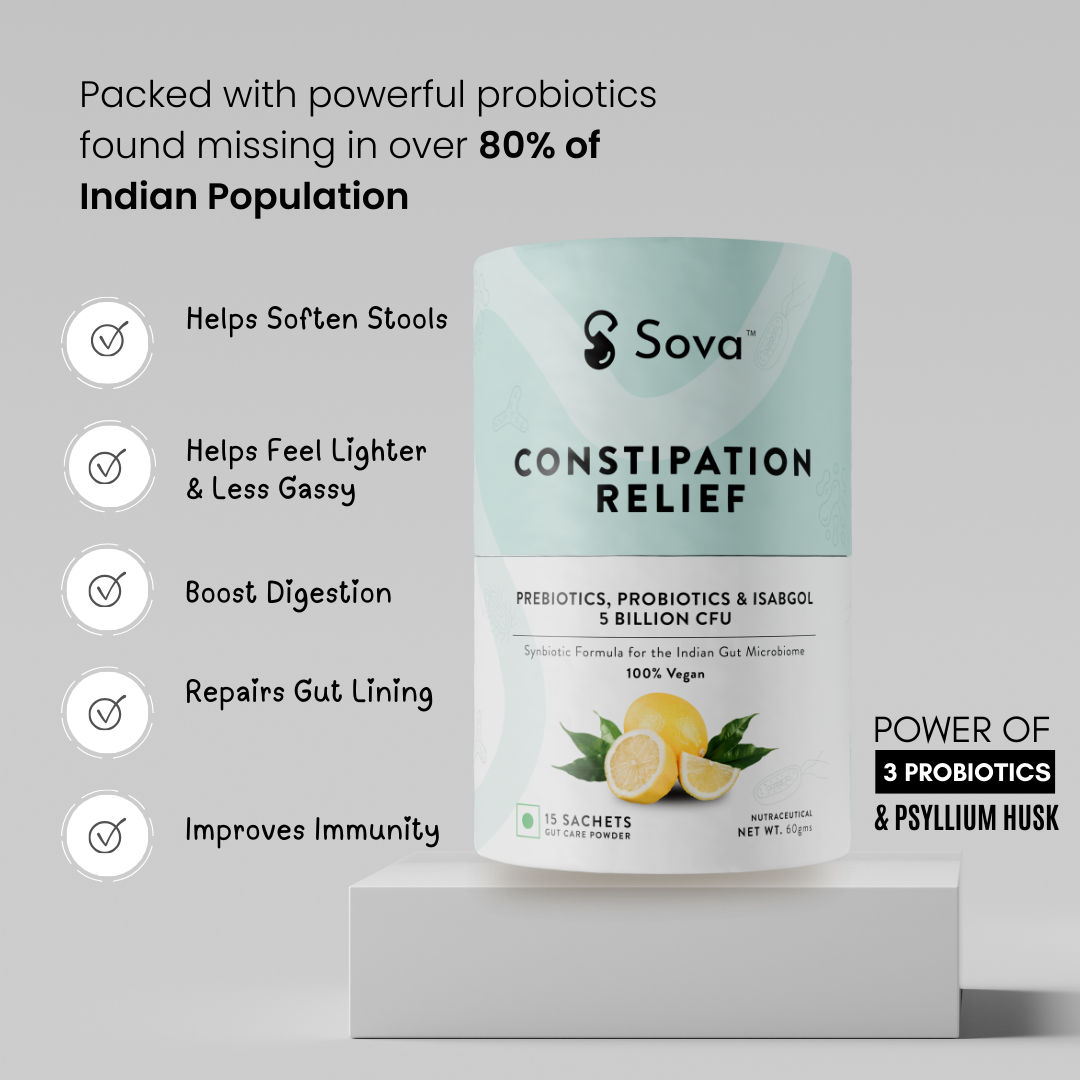What Are Biomarkers?
Biomarkers are specific indicators of a particular state, condition, or process inside the body. The terms can be used in referring to molecules, genes, proteins, or other kinds of biological substances that serve critical information on how one's body is functioning or behaving. Biomarkers could usually be detected through such fluids as blood or urine. They may give you clues about normal and abnormal physiological processes.
Biomarkers are really versatile, as they may indicate the presence of a disease, that is the severity of a condition, or how a body responds to a particular kind of treatment. That makes them indispensable for precision medicine and allows for a tailored approach to diagnosis and treatment on account of each person's unique biological parameters.
The Importance of Biomarkers in Modern Healthcare
The term biomarker or what actually are biomarkers has revolutionized how a health provider or a scientist will approach diagnostics and treatment. Biomarkers permit the detection of the disease before the appearance of the whole symptoms, which might permit a better intervention on outcomes of patient treatment. They are crucially more meaningful as aids in the disease process course and as assessors of the therapeutic results.
For instance, in oncology, some biomarkers may be suitable for the indication of cancer cells in the patient, while others may help the doctor understand whether a patient is responding to a specific form of cancer treatment. Biomarkers are used widely in the management of chronic diseases such as diabetes, cardiovascular diseases, and autoimmune diseases to better understand the process by which the disease unfolds in the patient.
Types of Biomarkers
Biomarkers can be broadly classified into different types depending upon their function and application. Here are some of the primary categories:
- Diagnostic Biomarkers: These are detected or confirmed for the disease or its presence. For instance, troponin content levels in the blood may stand as a diagnostic biomarker for heart attacks.
- Prognostic Biomarkers: Biomarkers of prognosis are applied to predict the probable disease progression or outcome. Biomarkers give an understanding of the aggressiveness of disease or survival probabilities.
- Predictive Biomarkers: Such biomarkers predict how the patient might respond to a treatment. It will be more specifically applied to therapy.
- Pharmacodynamic Biomarkers: Pharmacodynamic biomarkers measure what happens in the body, which responds to a certain treatment, and assess what the effect is.
Biomarker Discovery: How Are Biomarkers Discovered?
Biomarker discovery is a time-consuming and meticulous process that identifies biological markers associated with a specific disease or condition. The steps usually taken in the discovery process include:
- Selection and Identification: At this stage, researchers collect samples of biological fluids or tissues from individuals affected and unaffected by the disease. Comparing the samples will likely reveal some consistencies between the two groups that may serve as biomarkers.
- Validation: Validation is very crucial in biomarker discovery. After a candidate biomarker is identified, it will first undergo constant testing to try to validate the reliability and accuracy of that particular biomarker to indicate the condition.
- Clinical Trials: After validation, most biomarkers end up in clinical trials to further assess their effectiveness in real-world medical applications. Clinical trials ensure that the biomarkers are safe, effective, and suitable for widespread medical applications.
- Regulatory Approval: After the biomarker has been proven to work through the clinical study, regulatory bodies of the country have to clear it for medical use. From here, the biomarker will know whether it has succeeded or failed in the specified standards regarding safety and functioning.
Biomarker discovery will unlock access to knowledge on biological parameters that have a basic role in treatments, diagnosis, and insights into diseases.
Applications of Biomarkers in Medical Fields

Biomarkers are critical in all medical fields and allow more accurate diagnoses, treatments, and monitoring. Some of the vital applications include:
Oncology
In cancer, biomarkers determine the type of cancer, predict a patient's reaction to a particular treatment, and allow monitoring of disease progression. For example, HER2 is considered as a biomarker in some forms of breast cancer. Targeted therapies would be applied based on biomarkers.
Neurology
Biomedical biomarkers basically facilitate early detection as well as tracking progression of neuronal diseases, such as Alzheimer's disease and Parkinson's disease. Examples of biomarkers could include the proteins known to associate highly with Alzheimer's disease, which include amyloid-beta and tau, hence pointing out some levels of cognitive declines.
Cardiology
An advantage of cardiac biomarkers, such as troponin, natriuretic peptides, and CRP, is the fact that they are extensively used to detect a myocardial infarction besides monitoring and assessing heart failure; they also have the potential for estimating cardiovascular diseases. This could facilitate earlier intervention thus avoiding complications for the patient.
Endocrinology
In diabetes, biomarkers could be HbA1c and blood glucose levels. Biomarkers act as feedback mechanisms that establish if the treatment course is successful or if some adjustments should be made to the care plan.
Infectious Diseases
Biomarkers can help in detecting and managing infectious diseases. For example, D-dimer and cytokines are biomarkers when it comes to COVID-19, which could predict the severity of the disease, therefore, determining how the patient should be treated.
Also Read: Effective Healthy Meal Plans for Weight Loss: What Works Best?
Biomarkers in Personalized Medicine
The most important development in biomarker research is indeed the advancement of personalized medicine. Personalized medicine tailors the treatment plan according to the unique biological makeup of an individual rather than the one-size-fits-all approach. The healthcare providers can help create customized treatments based on how the patient's body may respond using the help of biomarkers. This could enhance outcomes and limit adverse effects.
For example, biomarkers can inform oncologists whether cancer cells found in the patient's body possess specific mutations, making them susceptible to definite therapies. Biomarkers, therefore, will place health providers in an ideal situation to determine which drugs may work better on an individual compared to others.
Challenges in Biomarker Development
While the outlook for biomarkers is promising, several problems can hinder their development. These include the need for consistent accuracy across diverse populations, as a marker that works properly in one group will yield different results in another due to genetic and environmental differences.
Moreover, the discovery and validation of biomarkers come with a hefty cost that hampers product development because the process takes time and increases the costs incurred. Another challenge includes the regulatory processes, as considerable validation and approvals need to be granted before using biomarkers extensively.
Conclusion
Biomarkers have been an important part of modern health care since they provide a critical view of our health and, consequently, contribute to the effective management of diseases. Diagnostics and personalized treatments, monitoring and prognostics are among the many applications of biomarkers. The horizon of application of biomarkers is not limited to this. As more research is being done, the discovery of biomarkers will unlock more precise tools that will help healthcare providers in terms of delivering personalized care to individuals based on their specific biological parameters.
Would you like to know how biomarkers could give you better insights into your health and support personalized care? Visit Sova. health to learn how biomarker testing can help you attain optimal health and wellness for your body.













